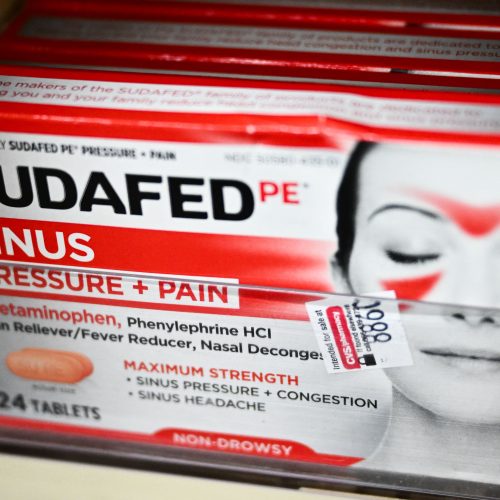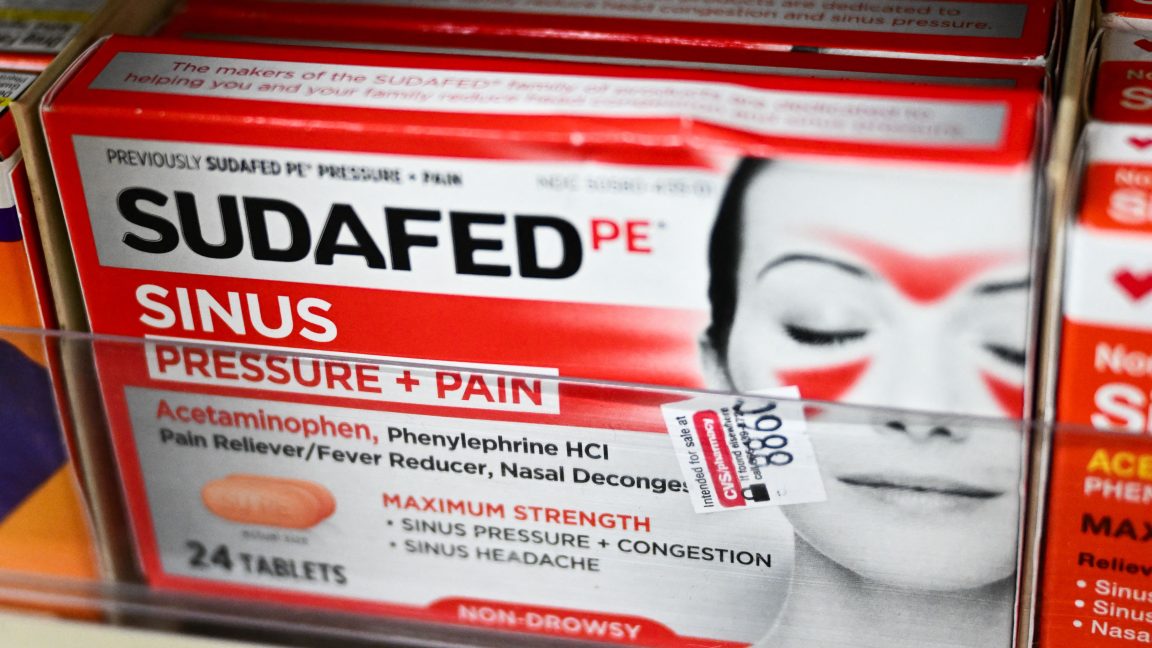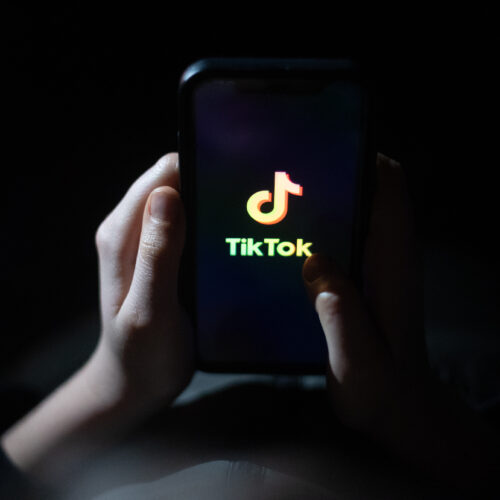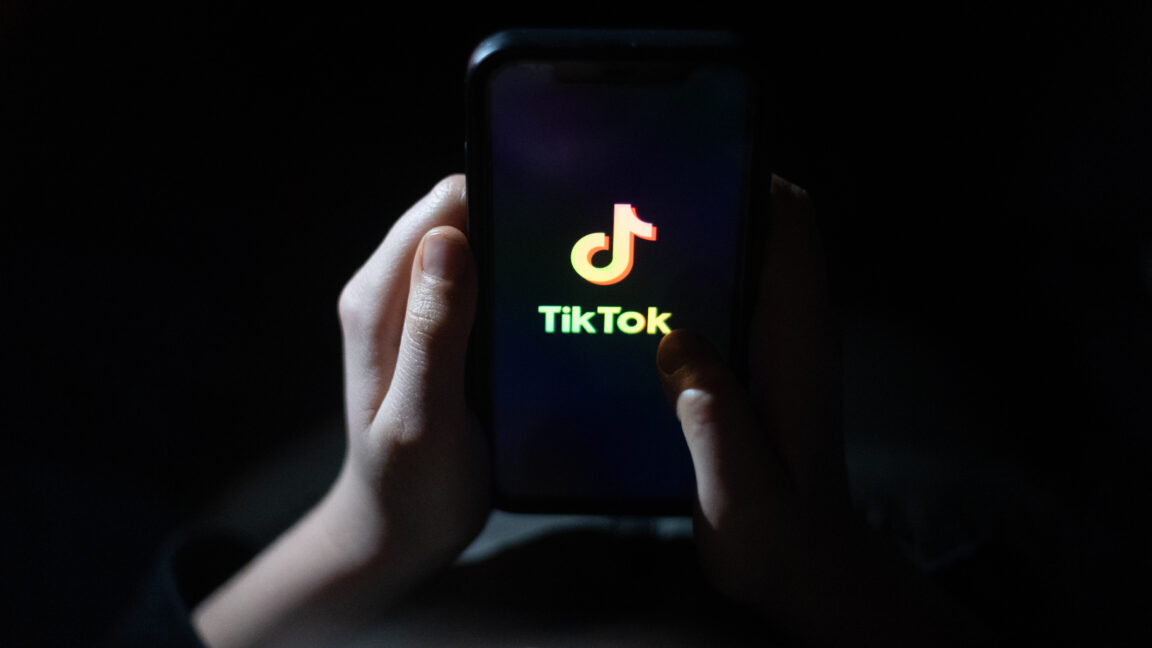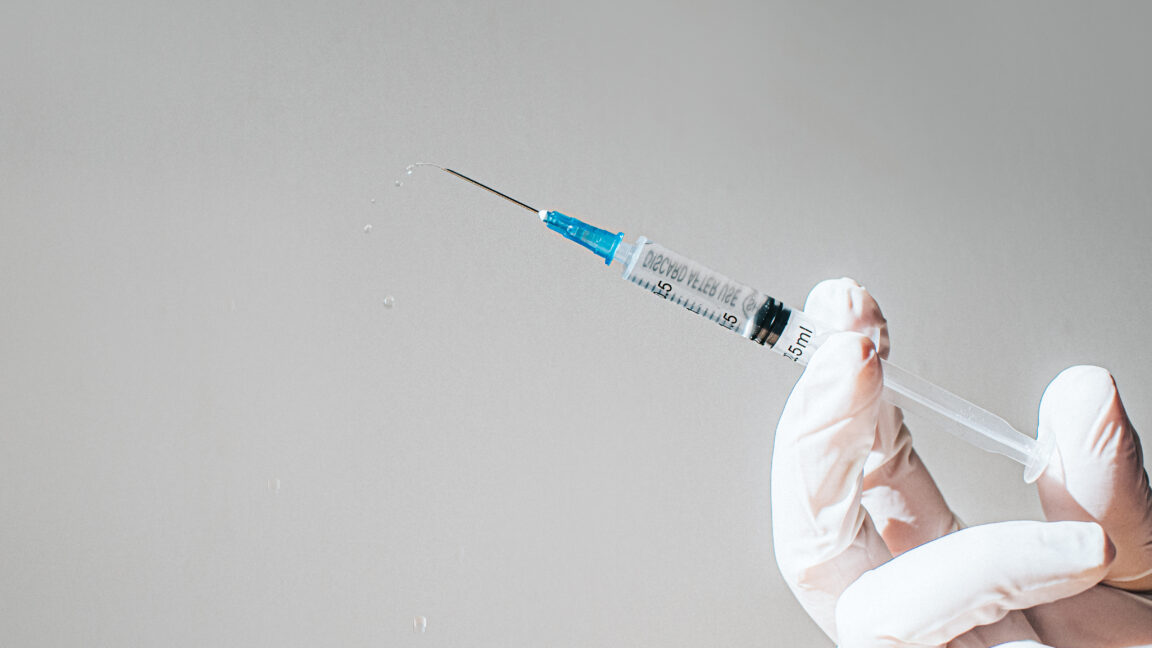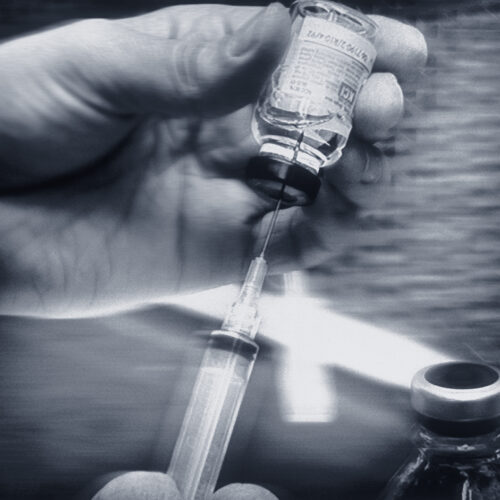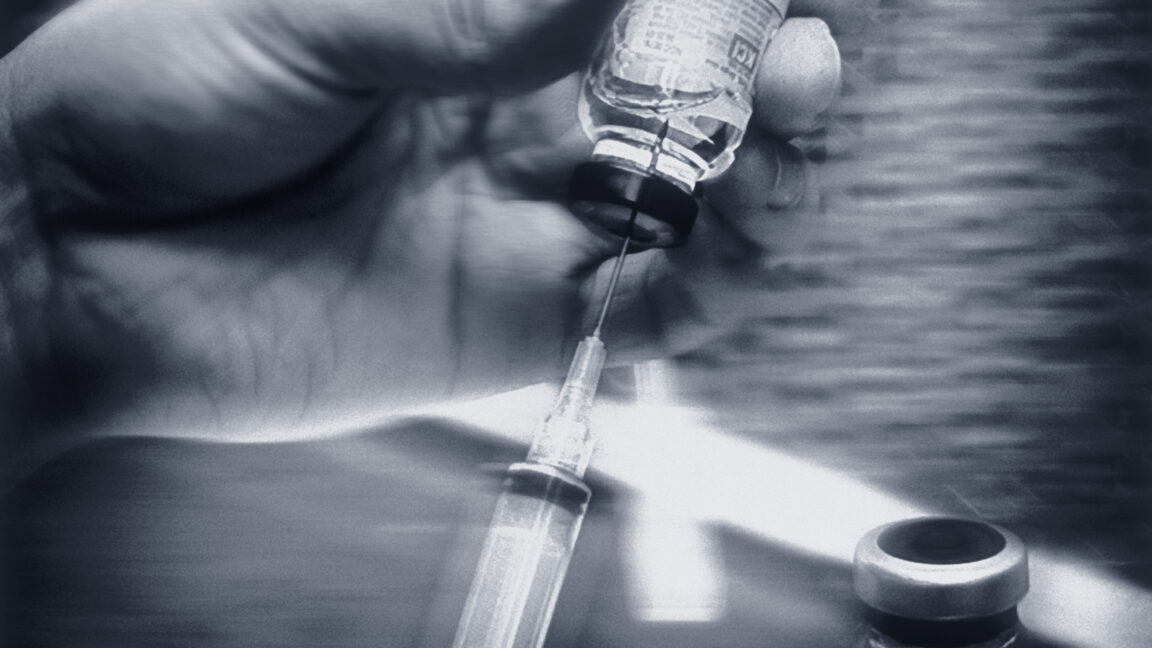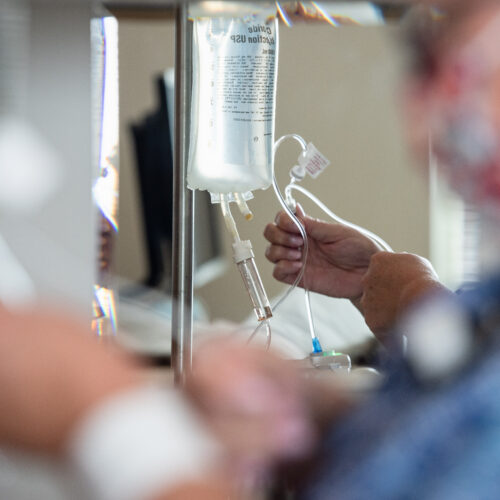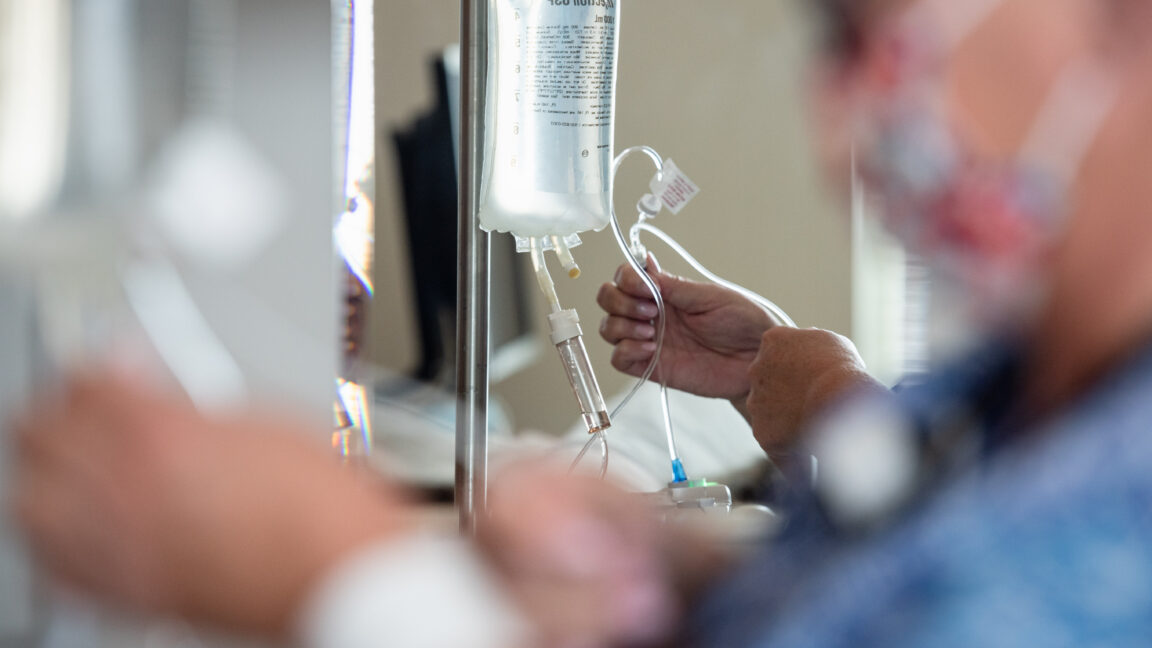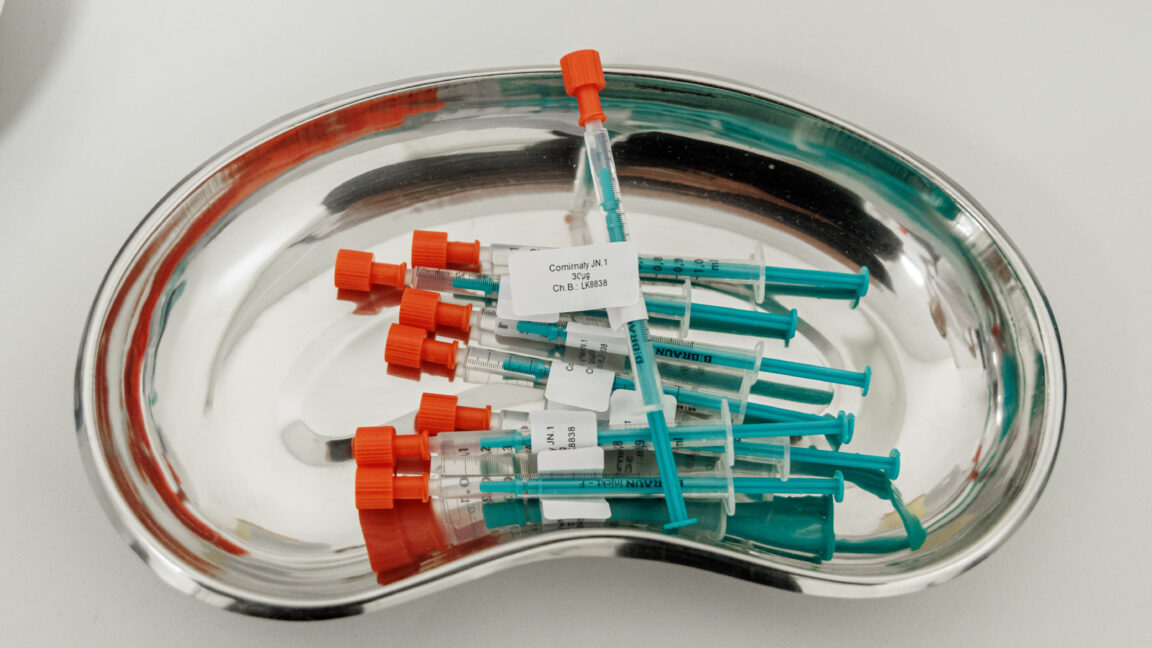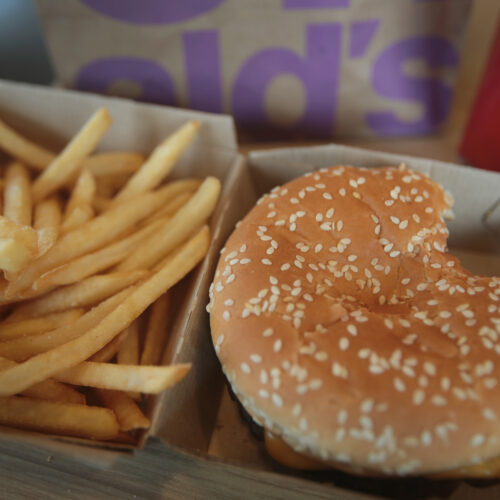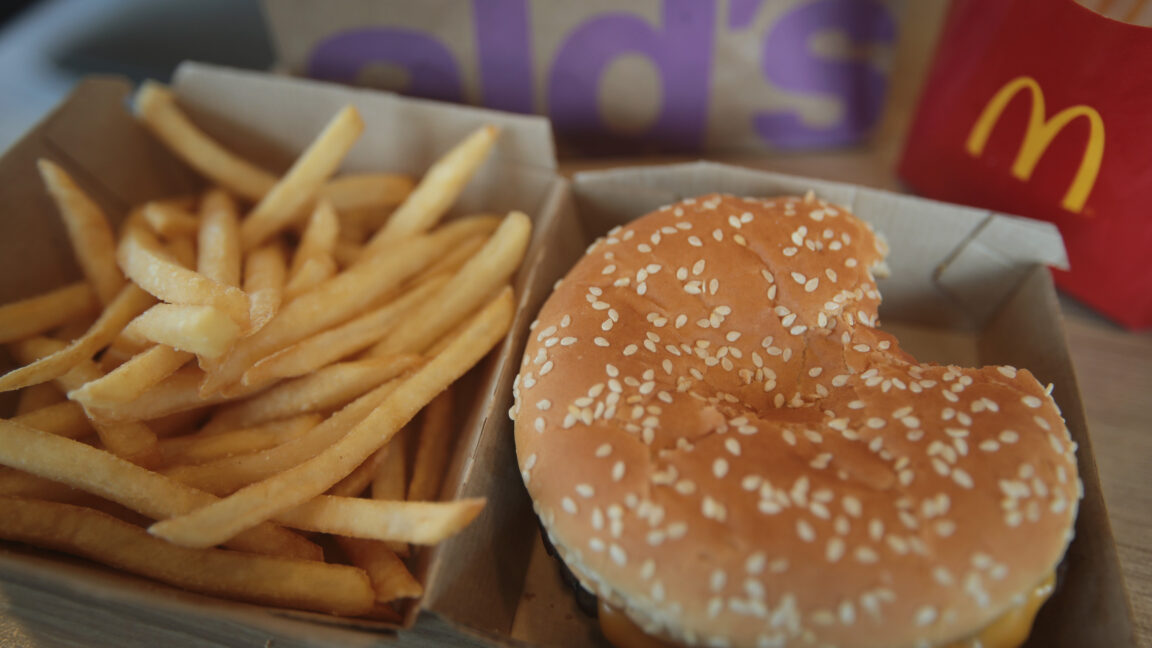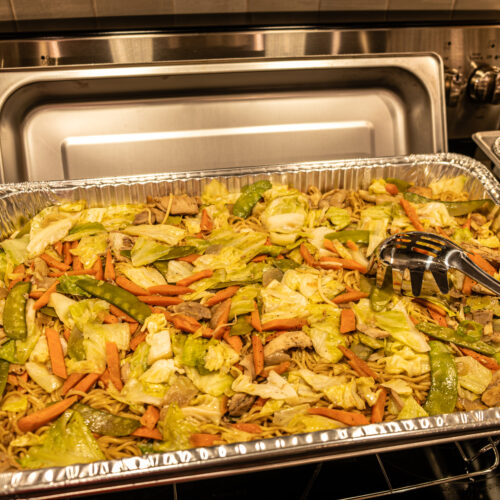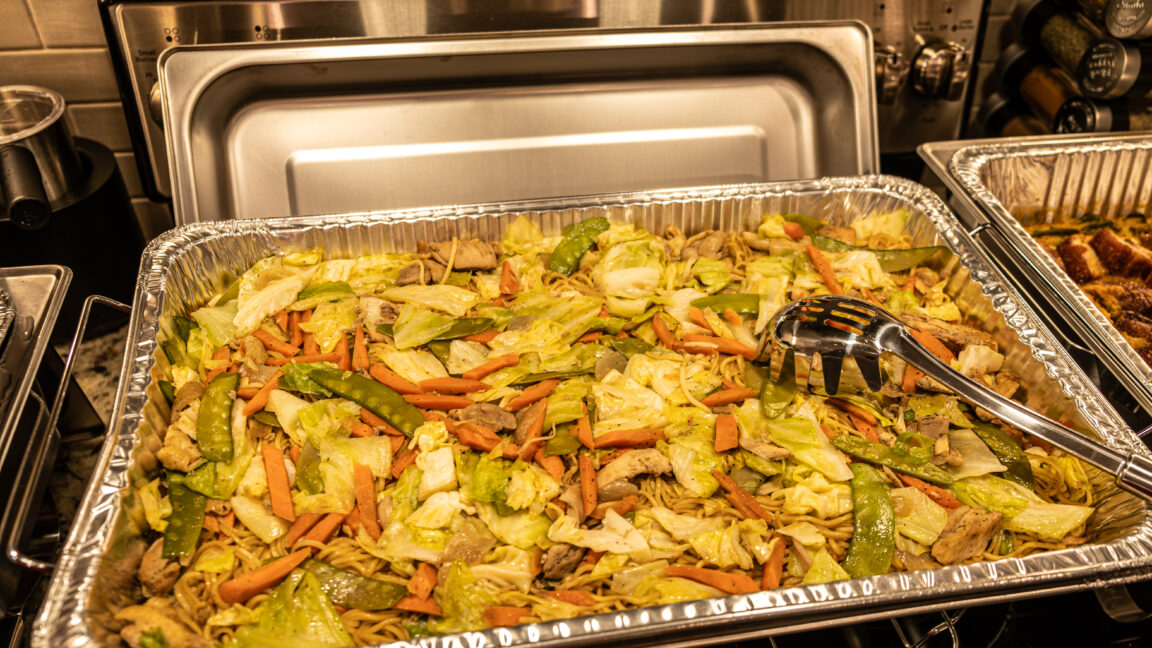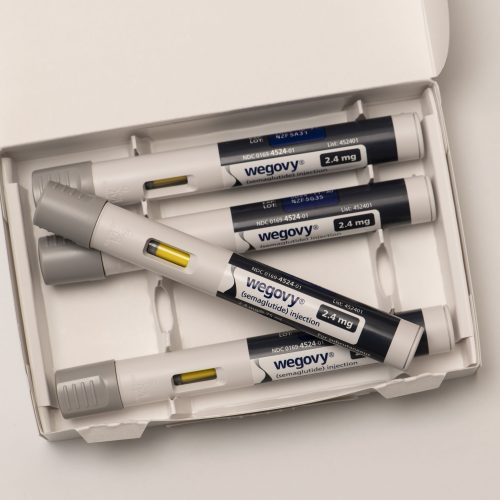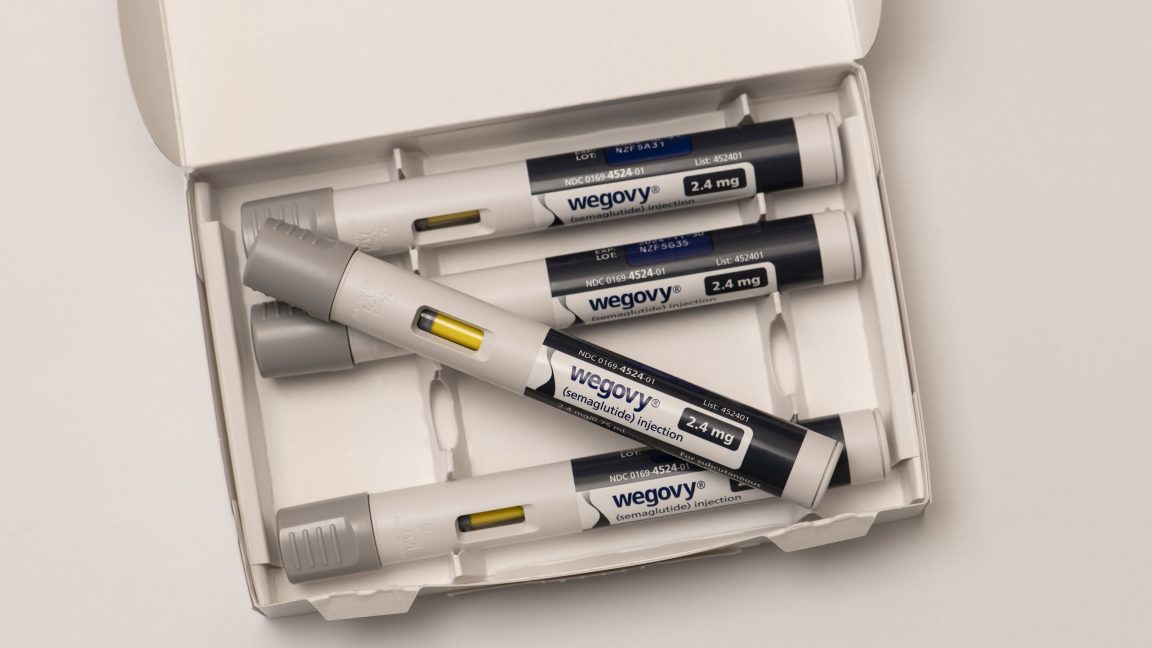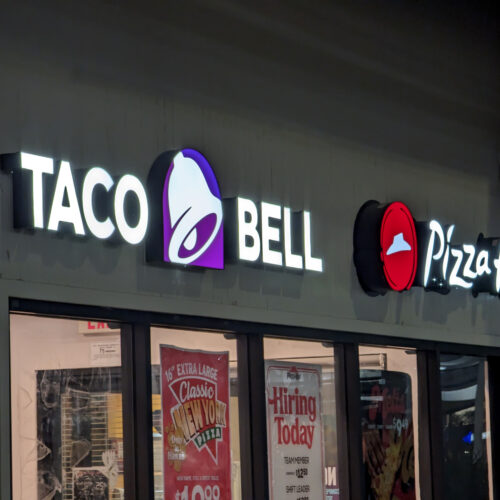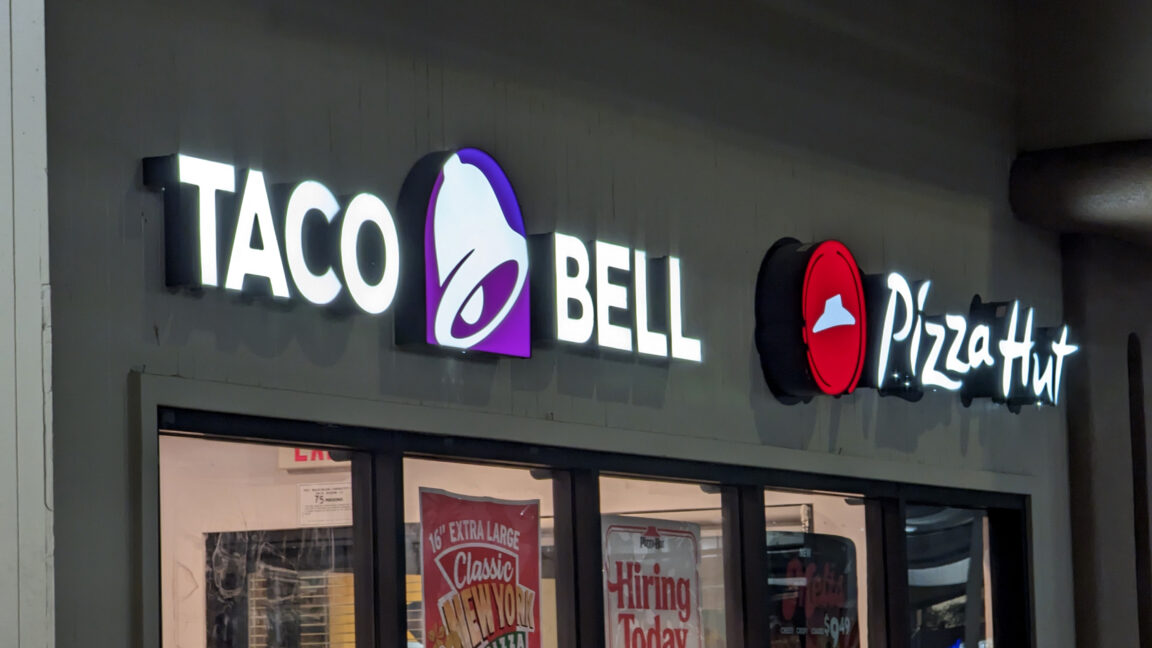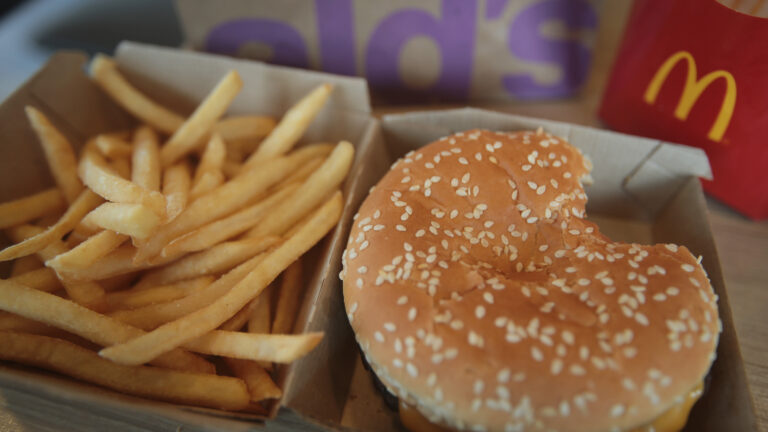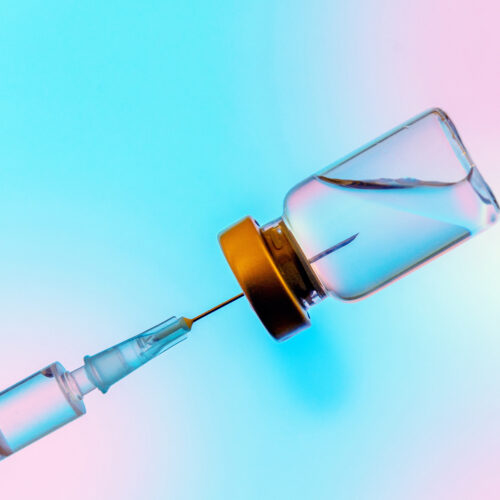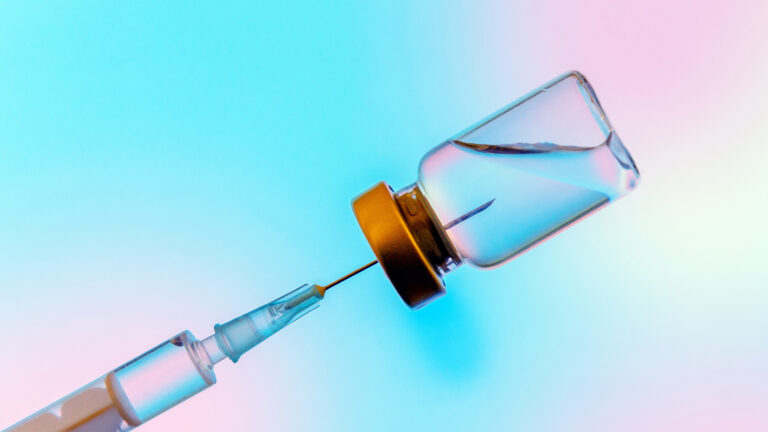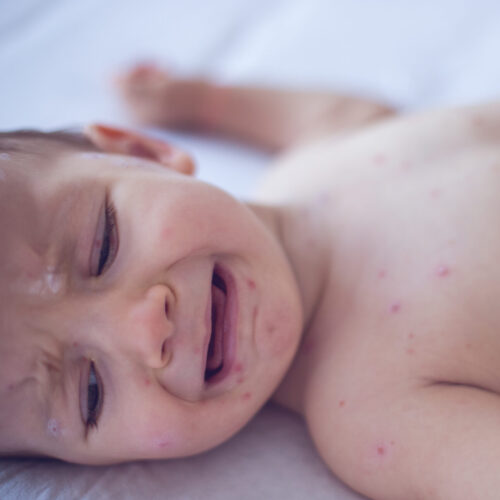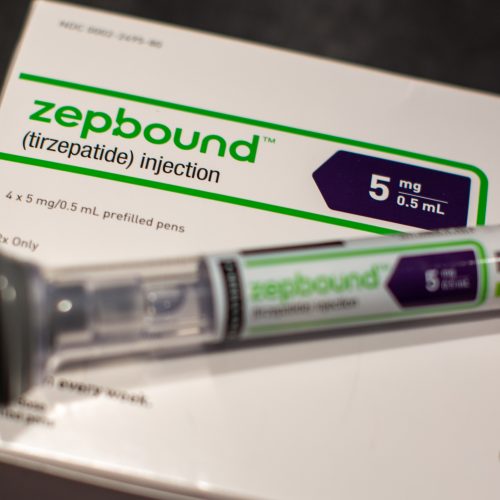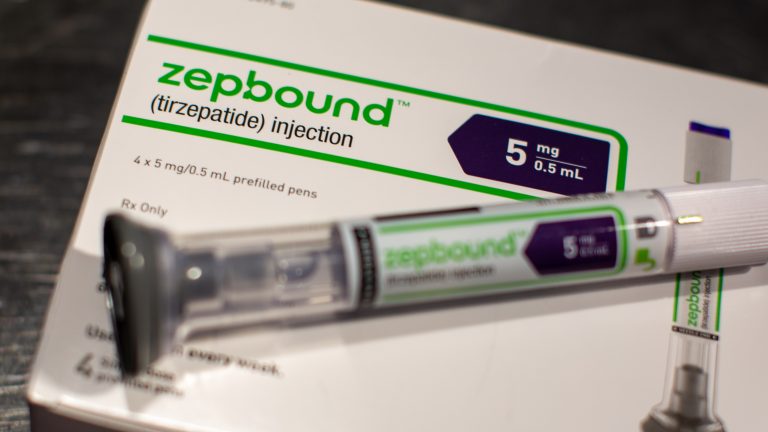Teen in critical condition with Canada’s first human case of H5 bird flu
A British Columbia teen who contracted Canada's first known human case of H5 bird flu has deteriorated swiftly in recent days and is now in critical condition, health officials reported Tuesday.
The teen's case was announced Saturday by provincial health officials, who noted that the teen had no obvious exposure to animals that could explain an infection with the highly pathogenic avian influenza. The teen tested positive for H5 bird flu at BC's public health laboratory, and the result is currently being confirmed by the National Microbiology Laboratory in Winnipeg.
The teen's case reportedly began with conjunctivitis, echoing the H5N1 human case reports in the US. The case then progressed to fever and cough, and the teen was admitted to BC's Children's hospital late Friday. The teen's condition varied throughout the weekend but had taken a turn for the worse by Tuesday, according to BC provincial health officer Bonnie Henry.


© Getty | Creative Touch Imaging Ltd.


